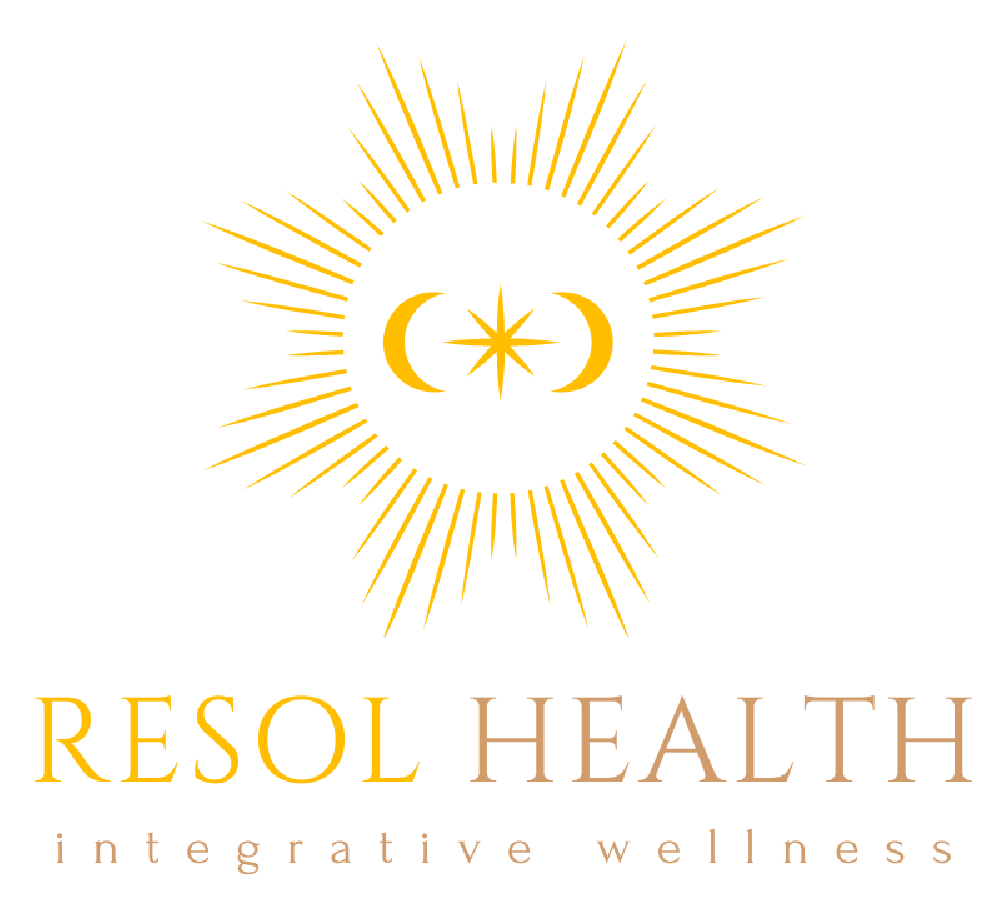Psychiatric medications can be a bit of a loaded topic. They can be an important tool in your mental health toolbox. They can also have annoyingly debilitating side effects, and sometimes just…not work, for reasons medical providers still don’t quite understand.
In both coaching and my NP role, we talk a lot about meds. Specifically, SSRIs come up frequently – or, selective serotonin reuptake inhibitors. So let’s talk about SSRIs!
*The following is educational only and is NOT designed as medical advice. For medical advice, contact your healthcare provider.*
SSRIs work by basically giving us more serotonin to float around in our brains/bodies. For some people they’re game changers – life-altering meds that help lift one out of severe depression or crippling anxiety. Used correctly, I often say they “soften the edges” of mental health distress. They can relieve debilitating symptoms and give you a boost out of “the hole”, so to speak, of depression and/or anxiety.
They’re also, frankly, kind of annoying medications sometimes. There are seven SSRIs on the market right now in the US. Each one is a little different, and we’re still not exaaaaactly sure why some people respond to some better than others. We’re not even sure why some people don’t respond to SSRIs in general, and some do; we think it has something to do with the fact we’re still understanding what causes depression & anxiety.
SSRIs take 6-8 weeks to see a clinical effect. The first few weeks on these meds are usually the most bothersome; you’re waiting to feel better, while still having transient side effects like nausea, insomnia, and sexual dysfunction (all byproducts of the serotonin flooding your brain). I always teach clients to manage the side effects for the first few weeks and try to stick them out/treat them as they come up with as-needed medication. As your body gets used to the increase of serotonin, most side effects usually go away on their own.
That said, long-term side effects can persist in many patients. Weight changes and sexual dysfunction are the most common, although we often ask patients to wait 6-8 weeks to see if things abate on their own. If symptoms persist, we can give meds to combat sexual dysfunction in many cases.
So, in short – SSRIs are potentially annoying, but also potentially life-saving medications. They work best as part of a comprehensive mental health treatment plan. They’re not “quick fixes” that will immediately make you feel better, but they are an option if you’re feeling overwhelmed by your anxiety or depression. Alongside therapy, coaching, interpersonal connection, mindfulness, improving sleep, and focusing on diet and exercise, SSRIs can be an important tool in your tool box.
And, still, as a mental health clinician, I wish we had more/better medication options to offer our patients. I think/hope in the next 10 years, we will. Increased awareness of the importance of mental health during the COVID pandemic will hopefully lead to new clinical breakthroughs. Emerging research in the psychedelic space is one exciting area for potential future treatments.
If you feel comfortable, tell me – what’s your experience with mental health medications? Talking about medication/mental health treatments is one way to destigmatize them, which lord knows we need.
While we don’t prescribe SSRIs or other medications in holistic health coaching, many of my clients are taking these medications in conjunction with coaching. I’d love to support you on your mental health journey! If holistic coaching sounds up your alley, reach out here, via IG (@charlottesuzanne_), or via email (hola@cswellness.co). I’d love to connect with you!









